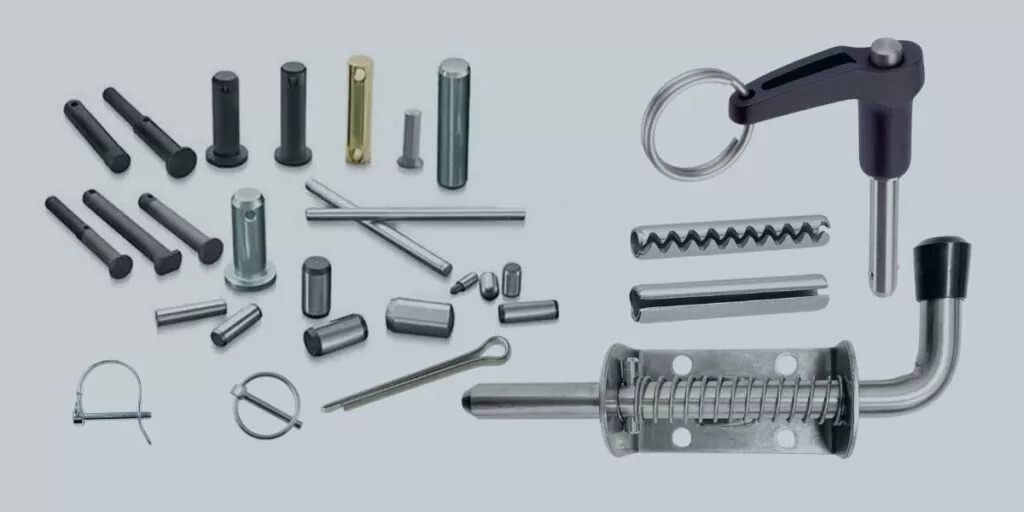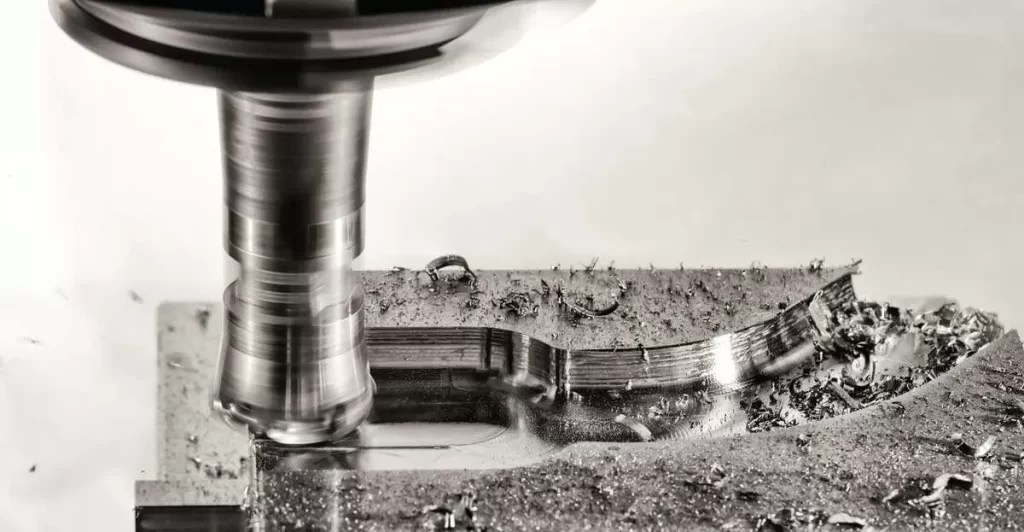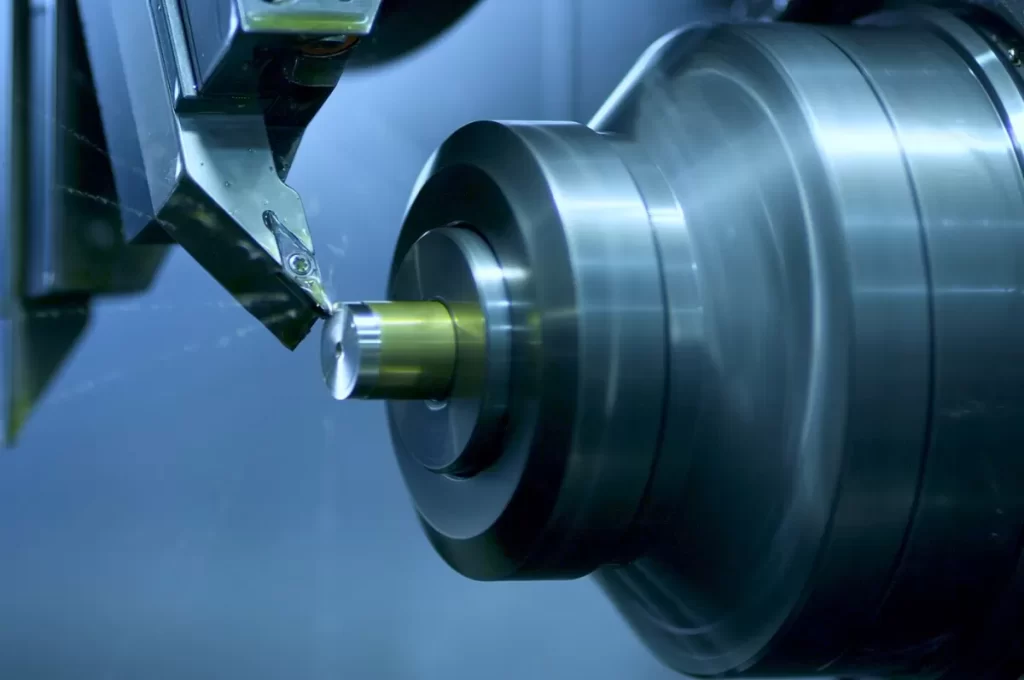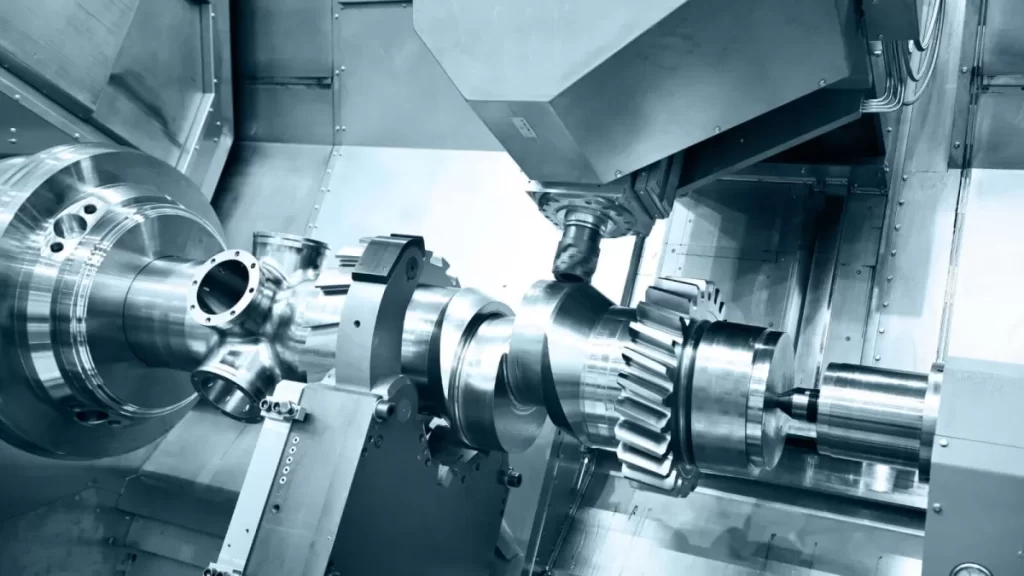What Are Pins in CNC Machining
Pins in CNC machining are small but essential components used to align, secure, or fasten parts during manufacturing or assembly. They act as precise locating devices that ensure parts fit together correctly, maintaining accuracy and stability throughout the machining process.
Whether you’re working on a complex tooling setup or assembling mechanical parts, pins help reduce errors by holding components in the exact position needed. These pins come in various shapes and sizes designed for specific tasks, but their primary job always revolves around precision and reliability.
In CNC machining, using the right pins can improve efficiency, reduce rework, and ensure consistent results. They are often made to tight tolerances to match the high precision required in CNC services and industrial applications.
Common Types of Pins and Their Applications
When working with CNC machining pins, knowing the right type of pin for your project is key. Here’s a quick look at the most common mechanical pin types and what they’re best for:
Dowel Pins
These are precision pins used to keep parts aligned in machinery. You’ll often find dowel pins in CNC projects where accuracy is crucial, like in fixtures or assemblies needing tight tolerance.
Taper Pins
Taper pins are slightly conical and fit tightly in tapered holes. They’re great for applications that need a sturdy, self-locking connection but still allow for easy removal when needed.
Cotter Pins
Used mostly as locking devices, cotter pins pass through a hole in a bolt or similar component to hold it in place. They’re simple but effective for preventing nuts or bolts from loosening.
Spring Pins and Roll Pins
These pins are flexible and compress to fit into holes slightly smaller than the pin itself. Spring pins are perfect for absorbing shock and vibration, making them common in dynamic CNC parts.
Clevis Pins
Designed with a flat head and a hole for a cotter pin, clevis pins connect mechanical parts that pivot or rotate. They’re commonly used in linkages and CNC assemblies where movement is involved.
Grooved Pins
These pins have grooves along their length for extra grip in holes, maintaining secure positioning under stress or vibration. They suit heavy-duty CNC applications requiring solid fastening.
Each of these pin types plays a unique role depending on the machining needs. Picking the right pin can improve your CNC project’s consistency and performance significantly. For a deeper dive into mechanical parts, you might also want to check out our article on types of bearings.
Choosing the Right Pin for Your CNC Project
Picking the right pin for your CNC machining project is key to making sure everything fits together and works as it should. Here’s how I break it down:
- Consider the Application: What’s the pin holding or aligning? For example, dowel pins are great for precise alignment, while cotter pins are ideal for securing parts that might need quick removal.
- Load and Stress Levels: If your project faces heavy loads or vibrations, spring pins or grooved pins often handle that better because they flex without breaking.
- Material Compatibility: Think about the materials you’re working with and the environment. Stainless steel pins resist rust if your parts see moisture, whereas hardened steel pins stand up to heavy use.
- Size and Fit: CNC projects demand tight tolerances. Choose pins that match your hole sizes precisely to avoid loosening or damage.
- Pin Type Benefits:
- Dowel Pins for CNC provide tight, accurate fitting.
- Taper Pins offer self-locking fit in tapered holes.
- Clevis Pins work well where a removable fastener is needed.
By focusing on these points, you get pins that enhance your project’s reliability and performance. If you overlook these details, you might face issues like misalignment or parts loosening over time. When in doubt, consult with your CNC service provider to match the best mechanical pin types with your needs.
Materials and Manufacturing Processes for Pins
When it comes to CNC machining pins, the materials and manufacturing processes play a huge role in their performance and durability. Most pins are made from metals like stainless steel, carbon steel, aluminum, or brass, depending on the strength and corrosion resistance needed. For example, stainless steel is popular in environments where rust is a concern, while carbon steel is favored for its toughness and cost efficiency.
The manufacturing process usually involves precision machining, grinding, or cold forming. Precision pins, like dowel pins for CNC projects, often require tight tolerances, so they’re ground to exact dimensions. Spring pins or roll pins might be made using coiling and heat treatment to add flexibility and strength.
Choosing the right material and manufacturing method ensures the pin fits perfectly and holds up under stress, which is critical in any CNC service or industrial fastener application. High-quality CNC machining pins often come with surface treatments like plating or coating to improve wear resistance or prevent corrosion, making them a solid investment for your projects.
If you want to dig deeper into related components, check out our guide on the types of bearings.
Why Precision Matters in Pin Manufacturing
When it comes to CNC machining pins, precision is critical. Pins are small, but they play a big role in holding parts together and ensuring machines run smoothly. If a pin isn’t made to exact specs, it can cause alignment issues, wear down faster, or even lead to part failure.
Here’s why precision matters:
- Accurate Fit: Precise pins fit perfectly into holes, keeping components aligned and stable.
- Consistent Performance: Consistent dimensions reduce wobble and vibration, helping your CNC machine maintain smooth operation.
- Durability: Properly sized pins distribute stress evenly, preventing premature wear or breakage.
- Safety: In critical applications, a poorly made pin can compromise machine integrity, risking operator safety.
- Interchangeability: Precision pins ensure you can swap parts without custom adjustments, saving time on repairs or upgrades.
For the U.S. market, where machinery often operates under strict standards, getting precision pins isn’t just a preference—it’s a must. Investing in high-quality, accurate pins from reliable CNC service providers ensures your projects meet performance and safety expectations without costly downtime.
How to Source High Quality Pins for CNC Applications
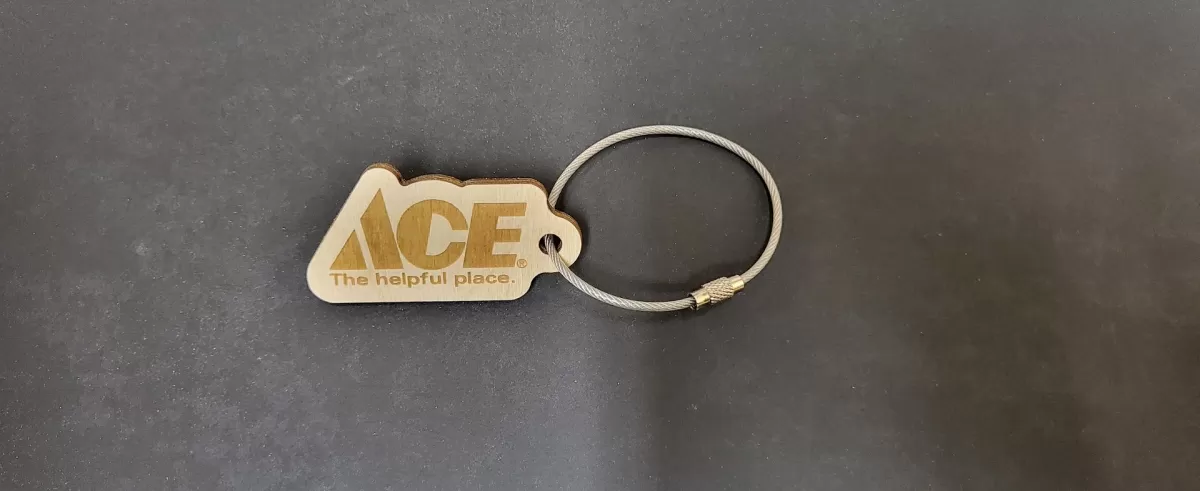
Finding the right pins for your CNC machining projects means focusing on quality and reliability. Here’s how I recommend sourcing high-quality pins for CNC applications:
-
Choose Trusted Suppliers
Look for suppliers with a solid reputation in the U.S. industrial fasteners market. Companies that specialize in CNC machining pins often understand the precision and material standards you need.
-
Check Material Certifications
Make sure the pins meet the required material specs—stainless steel, alloy steel, or other pin materials for machining. Material certification helps ensure durability and performance.
-
Request Samples for Testing
Before committing to a large order, get samples to test fit and function on your equipment. This avoids costly mistakes and downtime later.
-
Look for Precision Manufacturing
Pins made with tight tolerances (precision pins CNC) reduce assembly problems. Ask about manufacturing processes like heat treatment or surface finishing to improve pin strength and lifespan.
-
Consider Custom CNC Pins When Needed
If your project demands unique sizes or shapes, work with suppliers that offer custom CNC pins. Custom solutions can improve efficiency and fit exact project needs.
-
Review Delivery Times and Support
Fast, reliable delivery and good customer service matter, especially for ongoing CNC services. Choose suppliers that can keep up with your production schedules.
By following these steps, you can be confident you’re sourcing pins that match the quality and precision your CNC machining job requires.
Frequently Asked Questions
What are the most common types of pins used in CNC machining?
Dowel pins, taper pins, cotter pins, spring (roll) pins, clevis pins, and grooved pins are among the most common mechanical pin types in CNC applications. Each has unique uses depending on alignment, fastening, or load requirements.
How do I choose the right pin for my CNC project?
Consider the pin’s purpose, load, precision requirements, and environment. Dowel pins are great for precise alignment, taper pins provide strong locking, and spring pins work well for flexible, vibration-resistant connections.
What materials are pins usually made from for CNC machining?
Pins commonly come in stainless steel, carbon steel, brass, and sometimes plastic. Material choice depends on strength, corrosion resistance, and application specifics.
Why is precision important in pin manufacturing for CNC?
Precision ensures proper fit, alignment, and reliability. Even small size or tolerance variations can cause assembly issues or part failure in industrial CNC setups.
Can I get custom CNC pins made?
Yes, many CNC service providers offer custom pin manufacturing tailored to your project’s size, material, and performance needs.
Where can I source high-quality pins in the United States?
Look for suppliers specializing in industrial fastener types and CNC machining pins, emphasizing precision products made to US standards with local availability for faster delivery.
If you have other questions about using pins in your CNC projects, feel free to reach out!

